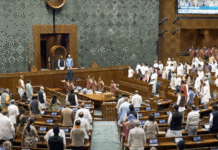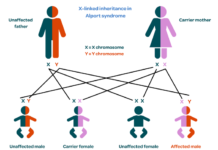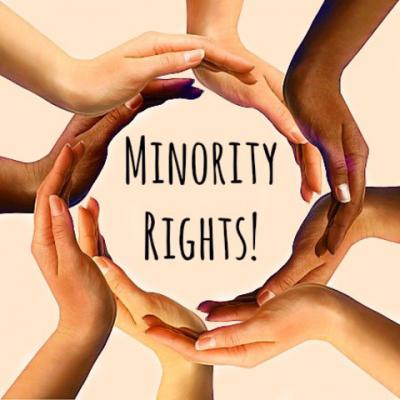With a large population of minority groups like Muslims, Christians, Sikhs, Buddhists, Jains, and others, India is a varied nation. To protect the rights of these minority populations and to guarantee their social, economic, and political advancement, the Indian government has put in place a number of regulations.
Minority Rights: All citizens, including minorities, are guaranteed their fundamental rights by the Indian Constitution. Discrimination on the basis of religion, race, caste, sex, and place of birth is forbidden by this law. The National Commission for Minorities (NCM) was founded in 1992 to protect minorities’ constitutional rights and oversee the implementation of different welfare policies and programmes.
Minority Welfare Programmes: To encourage the socioeconomic growth of minorities, the Indian government has put out a number of programmes. Among these programmes are the Jan Vikas Nidhi Yojana, the National Minority Development Finance and Development Corporation (NMDFC), the Pre-Matric and Post-Matric Scholarship Programmes for Minority Students, and the Maulana Azad National Fellowship for Minority Students.
Reservation: A specific proportion of seats in educational institutions and government employment are set aside by the Indian government for members of minority groups. Reservations are made for OBCs, Scheduled Tribes, and Scheduled Castes under the Indian Constitution. Numerous minority communities fall under the OBC categorization.
Communal Violence: To stop and combat communal violence, the Indian government has adopted a number of actions. To encourage intercommunal peace and avert confrontations, the Ministry of Home Affairs established the National Integration Council (NIC).
Education for Minorities: The Indian government has built a number of educational institutions for minorities, including the Maulana Azad National Urdu University, Aligarh Muslim University, and Jamia Millia Islamia. In order to help minority students afford higher education, the government has also developed programmes.
Special Economic Zones: To encourage economic development and to provide employment opportunities for minority populations, the Indian government has developed special economic zones in places with a high concentration of such communities.
To protect minorities’ rights and advance their social, economic, and political growth, the Indian government has developed a number of laws and programmes. To ensure the full and equal participation of all minorities in the development process, there is still a long way to go.









































